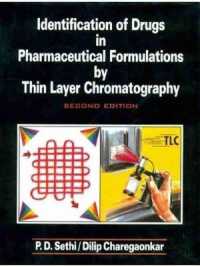Full Description
There is a documented link between fetal nutrition and the development of disease risk in adult life. Including the early postnatal period, during which a newborn continues to grow rapidly influenced by environmental factors, suggests that individuals are subject to risks for more than just the fetal period. Fetal and Early Postnatal Programming and its Influence on Adult Health focuses on interrelated aspects of cellular programming related to early nutrition and this potential global health problem.
Contents
Historical Developments and Current Concepts. Historical Origin of David Barker's Hypothesis on "Fetal Origins of Adult Disease" and Early Observations. The Maternal Resources Hypothesis and Childhood Obesity. Maternal Health and Fetal Programming. Calorie Deficiency and Fetal Programming. Protein Deficiency and Pancreatic Development. Placental Insufficiency (IUGR), Pancreatic Development, and Function. Regulation of GLUT4 in Muscle in IUGR Offspring. Maternal Obesity and Diabetes: Fetal Pancreatic Development. Hypothalamic programming (Non-Primate Model). Alterations in Circadian Rhythm. Role of High Fructose Diet on Fetal Programming. Transgenerational Effects on Programming. Early Postnatal Programming. Overnutrition and Hypothalamic Programming. Modified Milk Formula and Pancreatic Programming Environmental Chemicals. Human Studies on Programming. Maternal Obesity: Fetal Growth and Metabolic Health of the Offspring. Role of Vitamin Insufficiency in Fetal Programming: Pune-India Study. Role of the Immune System. Twin Study. Human Lactation Mother-Child Microbiomes. Epigenetic Mechanisms of Programming. Role of Non-Coding RNA. DNA Methylation. Paternal Health: Role of the Sperm Epigenome. Interventions. Maternal Dietary Modifications (PUFA, vit. D). Dietary Supplements (Nutraceuticals) on Lipid Profile. Antioxidant Supplement and Endoplasmic Reticulum Stress Dietary and Exercise Interventions.








